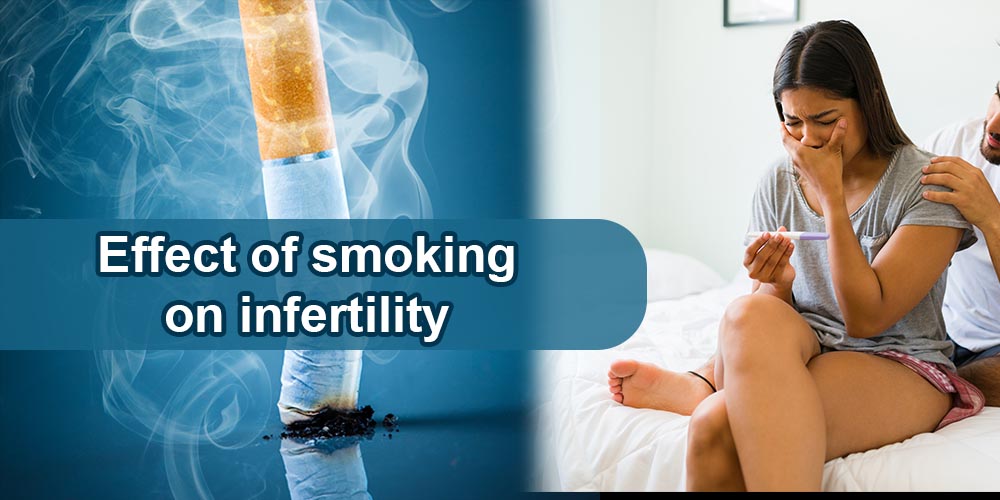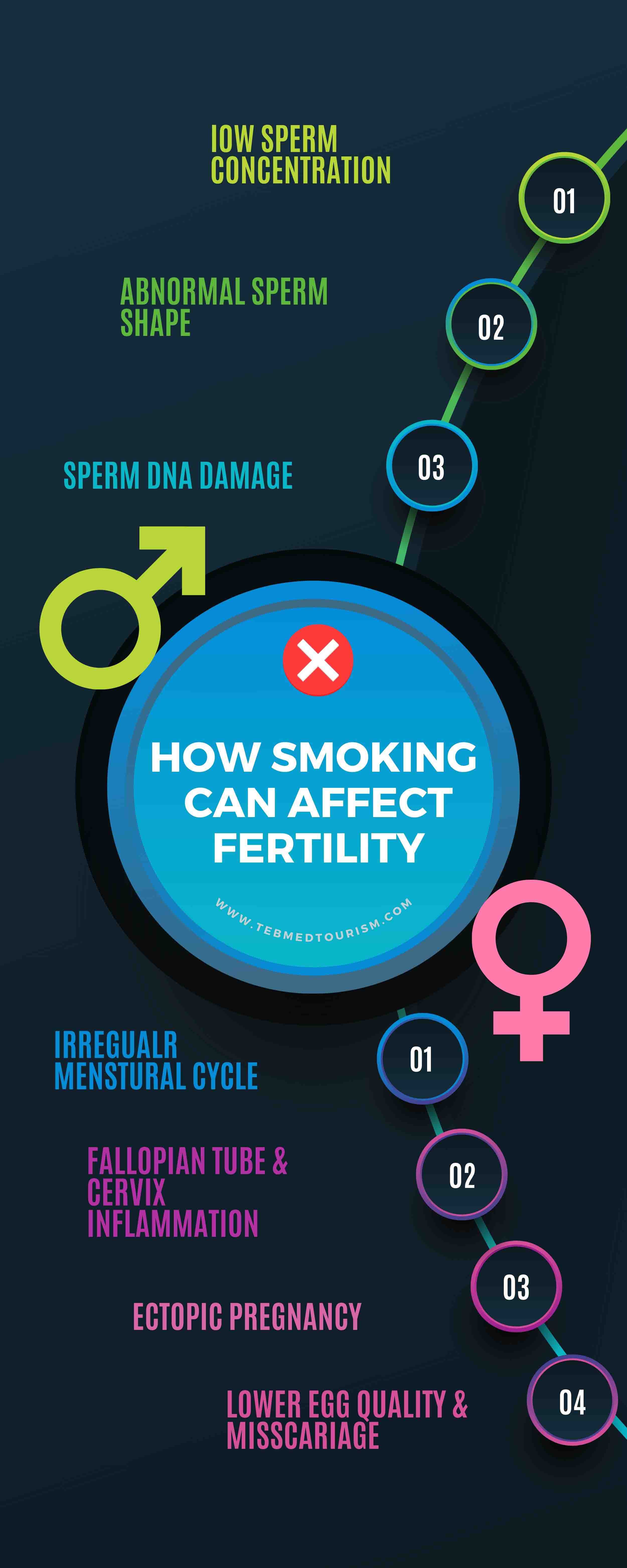FAQs about Smoking and infertility
can i get pregnant if my husband smokes cigarettes?
Yes, you can still get pregnant if your husband smokes cigarettes. However, smoking can reduce sperm quality, including sperm count, motility, and shape, which may make it more difficult to conceive. Quitting smoking can improve these sperm qualities and increase the likelihood of successful conception and a healthy pregnancy. Passive exposure to smoke can also affect your fertility, so it's beneficial for both partners to avoid tobacco smoke.
Does smoking affect sperm permanently?
No, smoking does not affect sperm permanently. The text indicates that the effects of smoking on fertility are reversible. Quitting smoking improves sperm quality, and it is advised to stop smoking at least three months before attempting to conceive to allow sperm to attain full maturity and enhance fertility prospects. Thus, quitting smoking can substantially improve the likelihood of successful conception and a healthy pregnancy.
Can smokers have healthy sperm?
Smokers can have sperm, but the health of the sperm is compromised due to smoking. The text indicates that smoking leads to lower sperm concentration, motility, and more abnormally shaped sperm, as well as DNA damage in sperm. However, these effects are reversible upon quitting smoking. It takes about three months for sperm to mature; quitting smoking ahead of this time can enhance sperm quality, improving the chances of successful conception and a healthy pregnancy.
does chewing tobacco affect sperm count?
Among individuals who use tobacco for chewing, it was observed that 66% had a sperm count below the standard criteria set by the World Health Organization (WHO), 85.5% had impaired sperm motility, and 28.4% had abnormal sperm morphology. These findings indicate that tobacco chewing as a lifestyle habit has a significant negative impact on the quality of semen, potentially resulting in male infertility and various types of anomalies.
can nicotine be found in sperm?
Ingredients found in smoke, including nicotine and its main byproducts, have the ability to pass through the protective barrier between the blood and the testes. These substances have been identified in the seminal fluid of both individuals who actively smoke and those who are exposed to second-hand smoke.
How can smoking reduce natural fertility?
Smoking reduces fertility by harming sperm quality in men and affecting women by decreasing ovarian reserve, causing irregular menstrual cycles, and lowering egg quality, among other adverse effects.




Comments & Questions